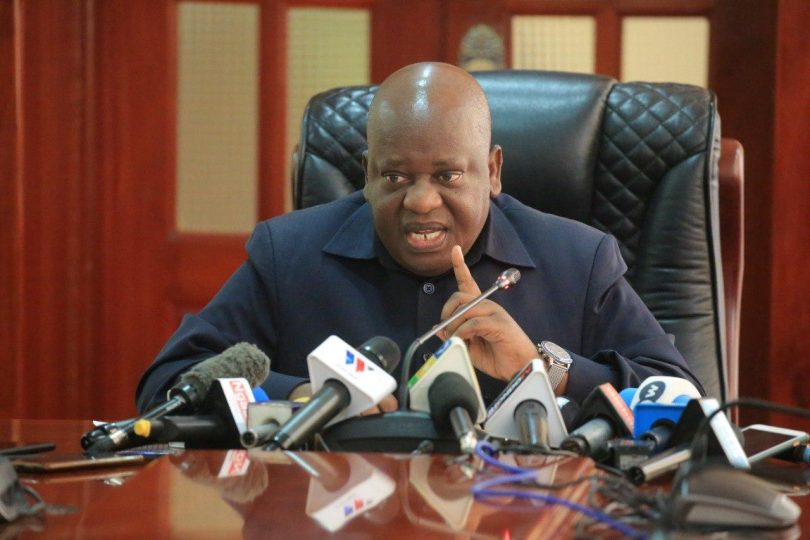Tanzania has registered a number of resignations of several high ranking politicians in its 60-year history, this option being preferred to being sacked or one being removed through the vote of no confidence.
Ex-premier Edward Lowassa resigned in 2008 alongside Mr Nazir Karamagi (then Energy minister) and Ibrahim Msabaha (East African Cooperation minister) who previously served in the Energy portfolio.
The decision came after submission of a parliamentary report criticising their role in what was then known as the “Richmond Affair”.
Former President Ali Hassan Mwinyi who opted for the same exit route in 1977 was then serving as the Home Affairs minister.
He took the decision after the killing of elderly people in Shinyanga and Mwanza regions, but unlike Mr Lowassa who was advised to make self-assessment by the parliamentary committee chaired by the then Kyela Constituency MP Harrison Mwakyembe, Mzee Mwinyi made the decision under no pressure.
“I resigned out of my own will, I received no pressure from Mwalimu Nyerere or any other person,” he says in his biography Mzee Rukhsa: Journey of My Life.
A similar decision was repeated on Thursday by then National Assembly Speaker Job Ndugai who tendered his resignation letter to CCM Secretary General and made a copy available to National Assembly Clerk Nenelwa Mwihambi.
The 58-year old first ever Speaker to have taken such a decision resigned amid piling pressure from CCM loyalists following his remarks over public borrowing.
Analysts argue that opting for resignation gives the embattled leaders a safe exit strategy that may guarantee them some terminal benefits.
Despite having resigned as minister, later Mzee Mwinyi rose through the ranks to become President of the United Republic of Tanzania after having briefly served as Zanzibar President
This is also what is considered by some political pundits as political accident, showing that a person going down that path may still fulfil future political ambitions.
For Mzee Mwinyi, his move may have been on the backdrop of political accountability.
For the case of Mr Ndugai, instead of continuing to split the ruling CCM and obstructing President Samia Suluhu Hassan’s development agenda, the option was a lesser evil as it would guarantee him some security and a possible future return.
In this case, he is assured of enjoying his retirement benefits that would make his life comfortable even after staying out of the realm of leadership.
For instance, the Political Service Retirement Benefits Act (Revised Edition of 2015) reveals that despite the resignation, Mr Ndugai would be granted a gratuity of the sum equal to 50 percent of the total sums of moneys received by him as salaries when he held office of the Speaker and an annual pension granted monthly of a sum equal to 80 percent of the salary.
Mr Ndugai who served as National Assembly Speaker since November 2015, succeeding Ms Anne Makinda, would also receive a winding-up allowance of a sum equal to the amount that would be received as salary by the incumbent Speaker in a number of months as may be determined by the appropriate authority.

